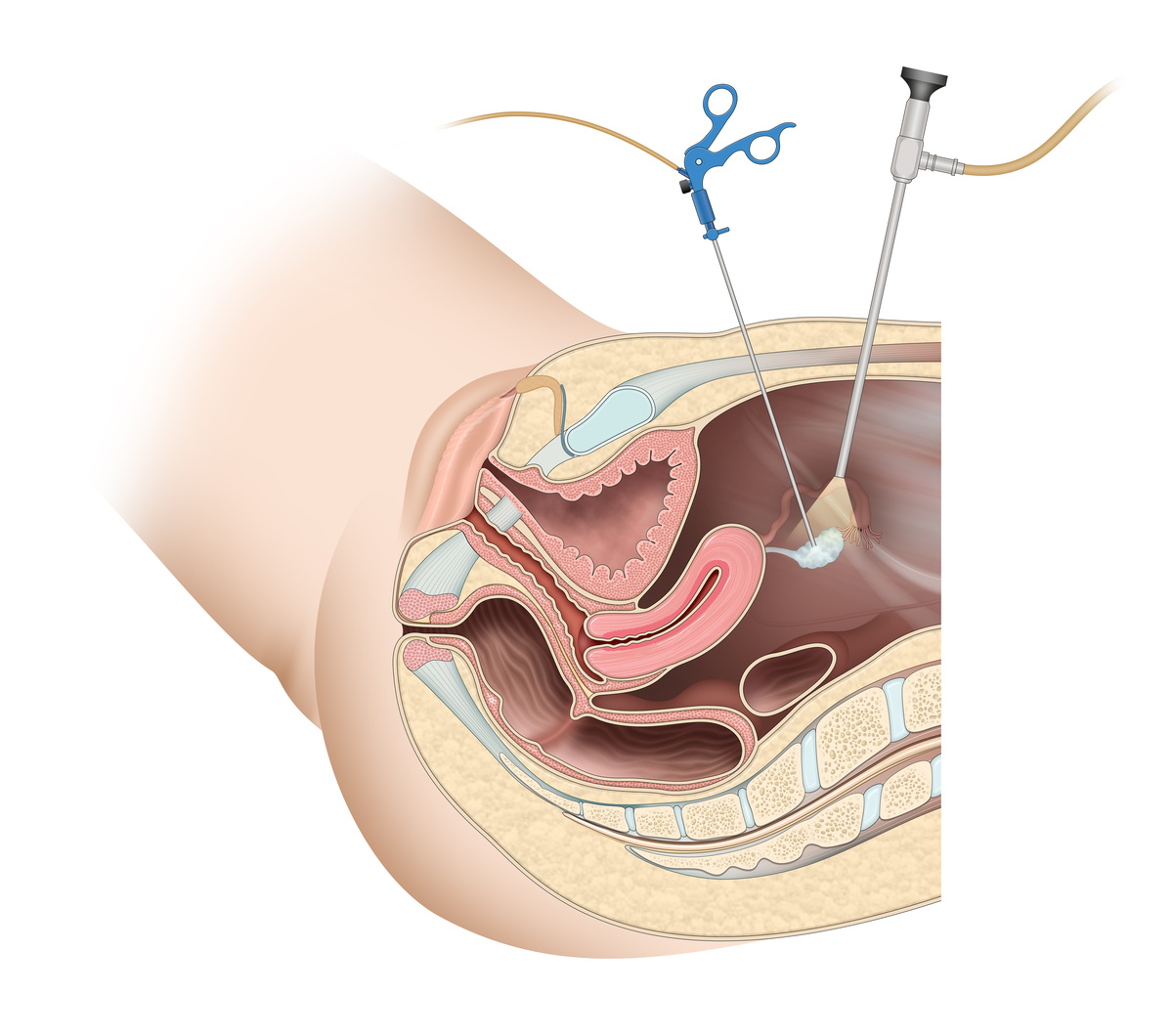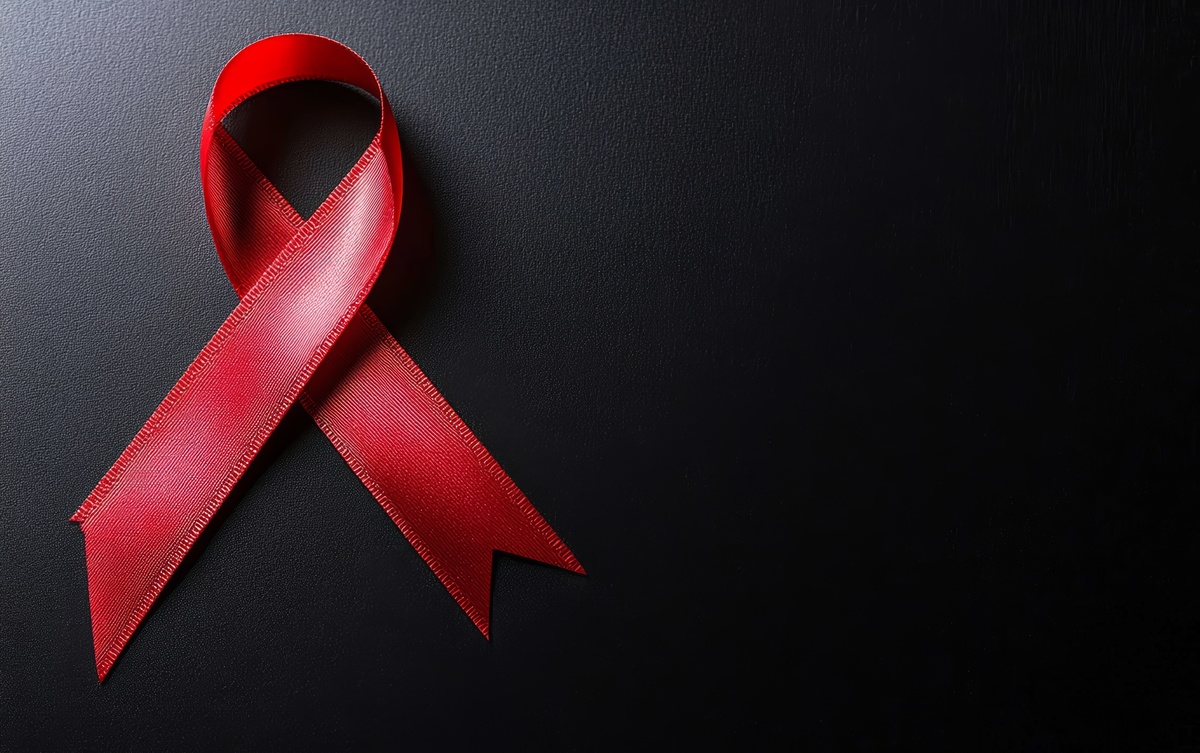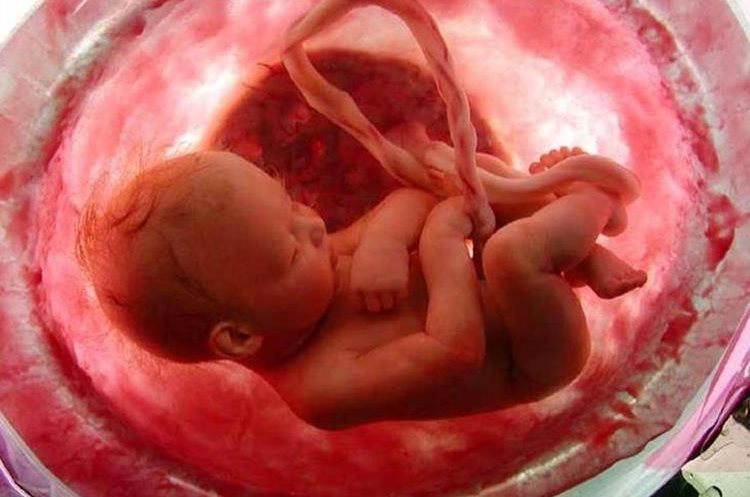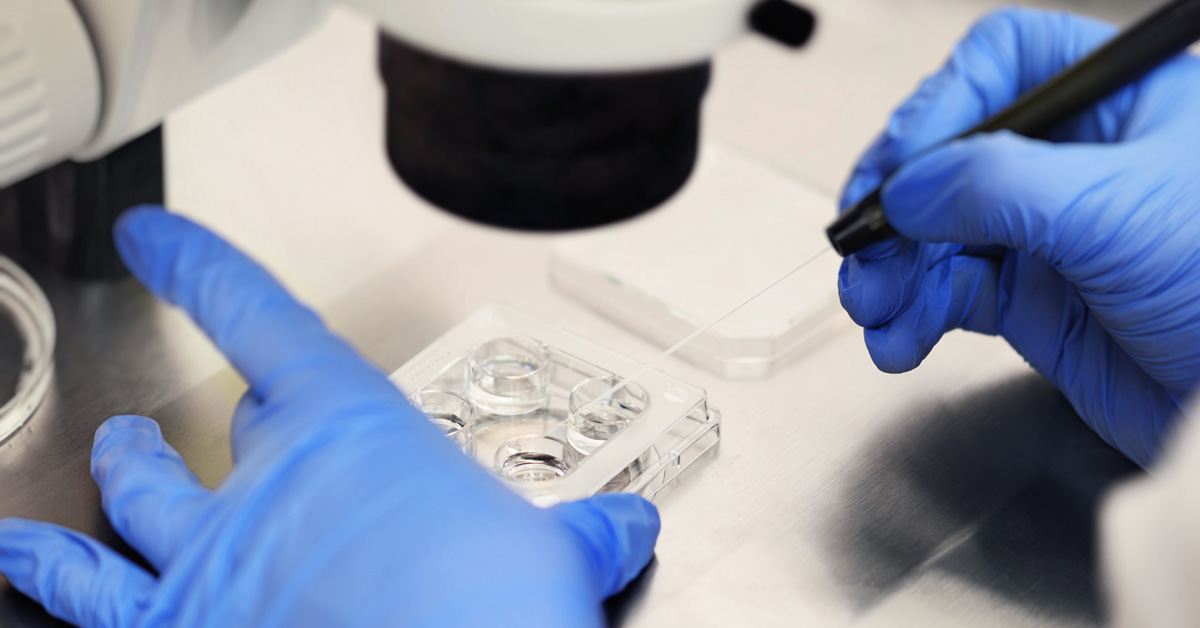Andropause, 7 signs of the ‘male version’ of menopause
Despite resulting from hormonal changes associated with aging, andropause and menopause are distinct processes, and symptoms differ considerably.
Male Aging Androgen Deficiency (ADEM) is associated with the natural aging process of men and results in a decrease in testosterone synthesis. According to estimates by the Urology Care Foundation, four in ten men over the age of 45 have low testosterone levels.
Andropause and menopause
Both andropause and menopause are characterized by a reduction in the production of sex hormones. However, the phenomena affect both sexes in different ways.
During menopause, estrogen levels drop abruptly, and women are no longer able to have children. During andropause, testosterone levels gradually reduce, and the incidence increases with age. According to the International Society for Sexual Medicine, from the age of 30 onwards, testosterone levels decrease by around 1% per year, and this process takes place over several years. The man does not stop producing sperm, and therefore, the decrease in hormonal levels does not mean that the man will be infertile.
What are the symptoms of andropause?
- Symptoms may manifest as age advances and may include:
- Changes in attitudes and moods,
- loss of energy,
- Decreased libido (sexual desire), ejaculation and orgasm;
- Erectile dysfunction;
- Reduction in the size of the testicles;
- Decrease in strength, muscle mass, and bone density (osteoporosis);
- Swelling of the breasts (gynecomastia);
- Changes in adipose tissue, with a greater concentration of fat in the abdominal area;
- Loss of body hair.
Diagnosis is laboratory and clinical. Although symptoms are part of the natural aging process, they can sometimes be associated with other conditions, such as thyroid problems, medication side effects, or sleep apnea.
Treatment
Low testosterone levels require hormone replacement to prevent an increase in cardiovascular disease, sleep apnea, hepatotoxicity, gynecomastia, hypertension and prostate disease. Hormone replacement helps improve sexual desire and performance, improves mood, restores bone mass and muscle strength. Daily exercise and a balanced diet are also considered forms of treatment.







